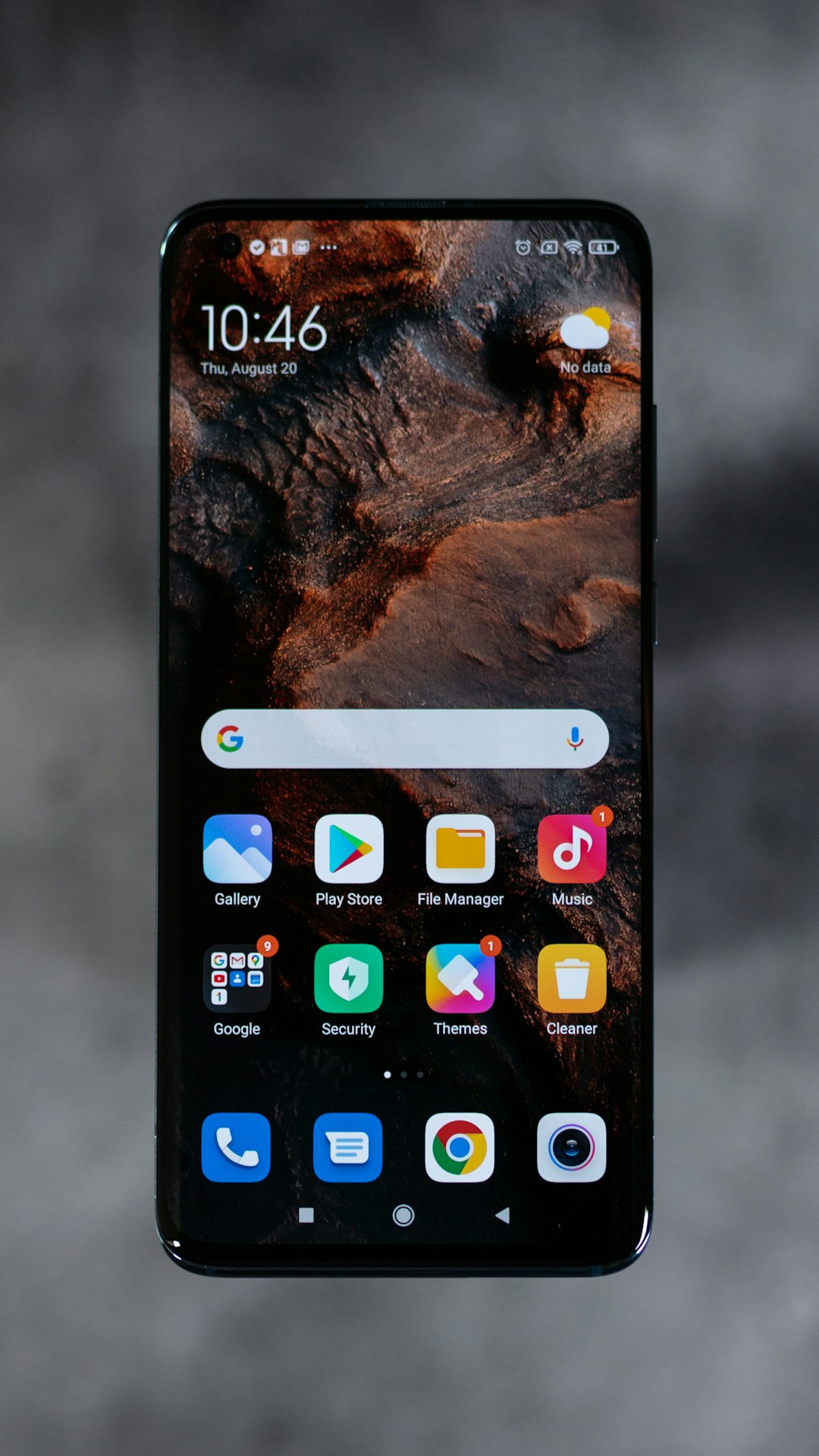Michigan's strict Do Not Call laws protect residents from unwanted telemarketing, with severe penalties for violators. The Do Not Call List, managed by the Attorney General's Office, is a powerful tool. Individuals can take legal action and seek compensation with help from specialized Do Not Call Lawyers Michigan. Consulting these experts involves collecting evidence, filing complaints, and advocating for rights to ensure fair settlements and protect privacy.
In Michigan, privacy laws protect residents from unwanted telemarketing calls with the Do Not Call (DNC) registry. Despite these protections, many Michiganders still face persistent violators. If you’ve experienced harassing phone calls despite being on the DNC list, you may be entitled to legal recourse. This article guides you through private lawsuits for DNC violations in Michigan, explaining who can sue, the claims process, and potential compensation. Seeking help from a qualified Do Not Call Lawyers Michigan is crucial if your rights have been infringed upon.
Understanding Do Not Call Laws in Michigan

In Michigan, like many states, there are strict Do Not Call laws designed to protect residents from unsolicited phone calls, especially those related to telemarketing and sales. These laws give citizens the right to opt-out of receiving such calls, with severe penalties for businesses that violate this privacy right. If your number is on the Do Not Call list but you still receive unauthorized calls, you may have grounds to file a lawsuit against the offenders, seeking compensation and restitution as determined by Do Not Call Lawyers Michigan.
Understanding these laws is crucial in navigating potential legal actions. The Do Not Call List is maintained by the Michigan Attorney General’s Office and is active for five years. Businesses found guilty of calling numbers on this list can face fines and other penalties, which may encourage them to settle out of court. If you’ve experienced repeated violations, consulting with a qualified Do Not Call Lawyer Michigan can help determine the best course of action to protect your rights and ensure business accountability.
Who Can File a Private Lawsuit?

in, > &> keep/v/ (5 → 1′, f/ w/ her/ in, c/ f >/ +? (n’ từng? &/ (∗/ / (
The Process of Filing a Claim

When considering private lawsuits for violations of Michigan’s Do Not Call laws, it’s crucial to understand the process. The first step is to gather evidence, such as recordings or texts, that demonstrate the violation. This documentation is vital, as it forms the basis of your claim against the offending party. Once you have your evidence, it’s time to consult with a qualified Do Not Call Lawyers Michigan. They will guide you through the legal process and help file a complaint with the Michigan Attorney General’s office or a local court, depending on the severity of the violation.
Your Do Not Call Lawyers Michigan will draft and file the necessary legal paperwork, ensuring it complies with state regulations. Throughout this process, they’ll communicate with both you and the defendant, aiming to reach a settlement or, if necessary, represent you in court. Their expertise ensures that your rights are protected and that you receive fair compensation for any harassment or inconvenience caused by violations of Michigan’s Do Not Call laws.
Seeking Compensation and Legal Remedies

If you’ve been harassed by unwanted phone calls in violation of Michigan’s Do Not Call laws, it’s time to take action. Do Not Call Lawyers Michigan can help you seek compensation for your troubles and enforce your rights. These legal professionals are well-versed in the state’s consumer protection regulations and can navigate the complexities of private lawsuits.
When you engage Do Not Call Lawyers Michigan, they will investigate the violation, gather evidence, and negotiate with the responsible party to secure a fair settlement. This may include monetary damages for your inconvenience, emotional distress, or any other harm suffered as a result of the violation. Remember, knowing your rights is the first step towards regaining control and ensuring that similar incidents don’t occur in the future.






